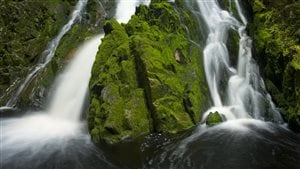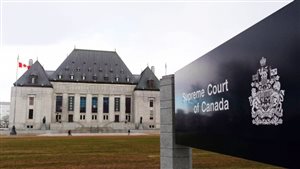Your hosts Carmel, Levon, Marc (video of show at bottom)
Listen
Helmut Oberlander is now 93. He is no longer a Canadian citizen, well technically at least.
Born in the Ukraine he is accused of being a member of a German SS unit charged with exterminating Jews and lying about his past to immigrate to Canada where he gained citizenship in 1960
The Waterloo, Ontario resident this week was stripped of his Canadian citizenship, for the fourth time through a cabinet decision.
He and his defenders claim he was a low-level interpreter and had no choice in working with the SS death squads. He is going to appeal the ruling.
Levon spoke with Efraim Zuroff, the chief Nazi-hunter at the Simon Wiesenthal Center and the director of its Israel Office.
*

Canada is a land of vast lakes and forests, or so most think, but the country is lagging behind other G7 when it comes to protecting those natural environments.
A new report by the non-profit agency the Canadian Parks and Wilderness Society (CPAWS) says protection exists for only 10.6 per cent of the landscape. That’s well below the G7 average of 15 per cent, and even further below the 17 per cent promised by the government in 2010, and renewed by federal, provincial, and territorial governments with a target date of 2020.
Lynn spoke to Éric Hébert-Daly.of CPAWS who thinks Canada has lagged behind because Canadians take their vast wilderness and environment for granted.
*

It is considered a landmark decision, after fighting their way through the court system, the Inuit of Baffin Island, Nunavut, finally won their case.
They’d be fighting against a National Energy Board approval for seismic oil and gas exploration in the ocean off their coast.
They said the testing would scare, harm or even kill the marine life they traditionally depend upon. They say they were not properly consulted before approval was given.
The Supreme Court agreed and cancelled the exploration licence. It also ruled the government has a clear constutional and treaty obligation to properly consult on development projects which affect First Nations and Inuit and their traditional way of life. This ruling will have an affect on almost all major energy and other developments going forward.
Marc spoke with Nader Hasan, lawyer for the Inuit.
Images of the week







For reasons beyond our control, and for an undetermined period of time, our comment section is now closed. However, our social networks remain open to your contributions.